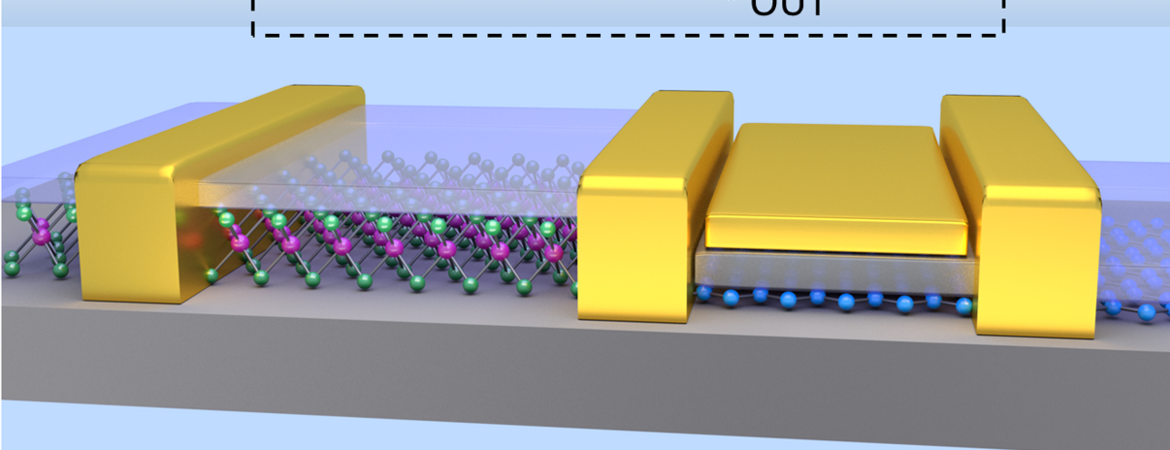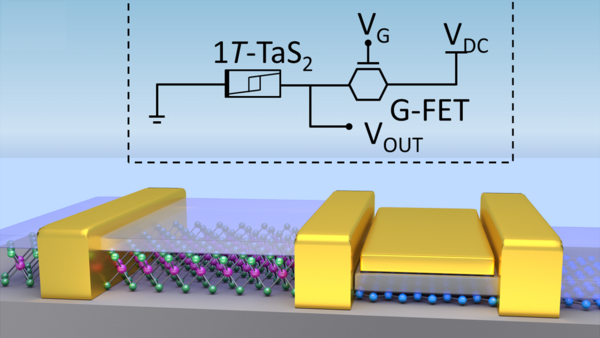
Alexander Balandin, distinguished professor of electrical and computer engineering of the Marlan and Rosemary Bourns College of Engineering (BCOE), received $497,455 in funding from the Department of Energy (DOE) to investigate electric-bias control of phase transitions in a special type of quantum materials. These project aims to understand electrical switching of crystal phases in quasi-two-dimensional (2D) charge-density-wave and (CDW) quantum materials.
Team members for the project include Fariborz Kargar, adjunct assistant professor and project scientist, as well as other members of the Phonon Optimized Engineered Materials (POEM) Center.
Balandin’s research team, the Balandin Group, were the first to previously demonstrate experimentally that CDW devices are able to operate at room temperature. Other findings show that CDW devices are radiation hard and can be used for constructing electronic circuits without transistors. The electric-field induced CDW switching can potentially be used for more energy-efficient information processing.
A strongly correlated CDW phase is a macroscopic quantum state where there is a periodic modulation of the electronic charge density accompanied by a periodic distortion of the atomic lattice, or repeated three-dimensional arrangement of atoms, in a certain class of layered metallic crystals.

According to Balandin, the expanded quantum research under this new grant is expected to enable transformative changes in electronics materials and potentially lead to new technologies for high-radiation environments, such as for medical diagnostics and radiation treatments for patients.
Their findings, Balandin added, could prove “promising for developing quantum sensors, and be used as component of future quantum communication and computing technologies.”
For more information about the POEM Center, visit https://balandingroup.ucr.edu/